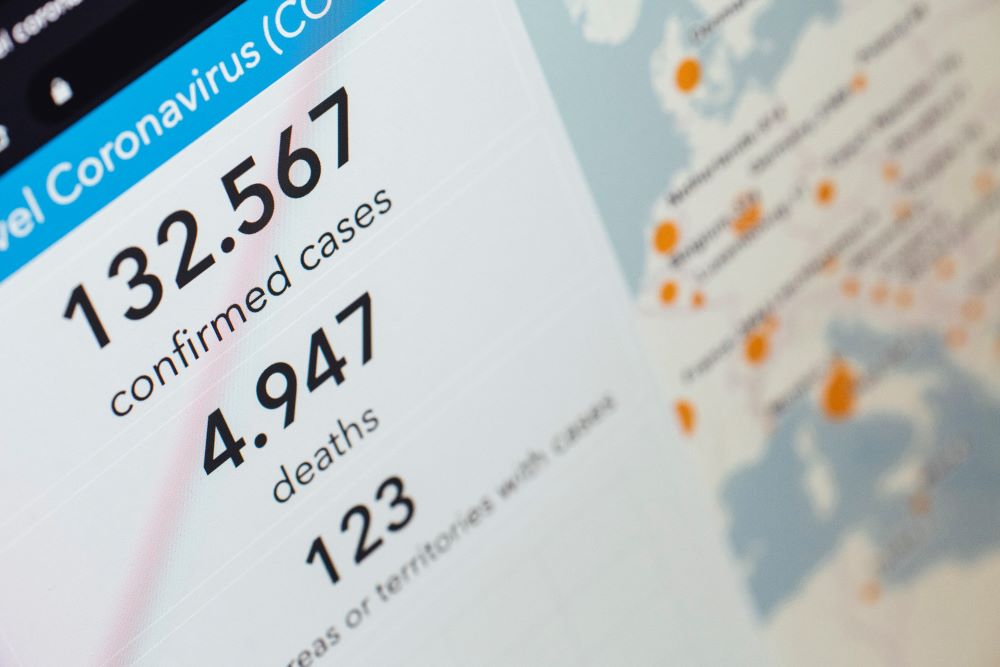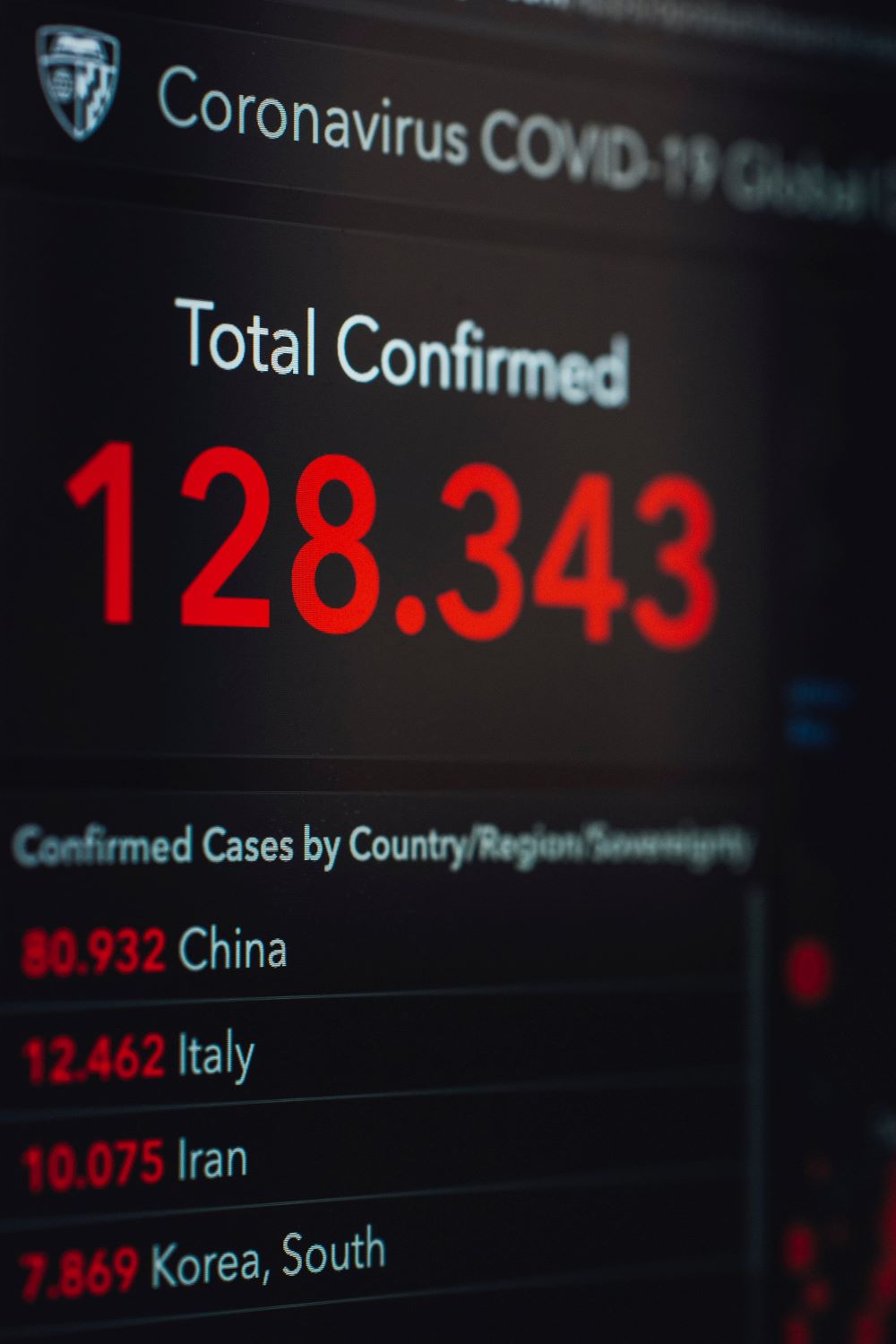Pandemic-related news has caused residual anxiety, distress.
The COVID-19 pandemic unleashed a wave of uncertainty and fear across the globe. People sought information and connection, and social media became a lifeline for many. The outbreak of SARS-CoV-2 led to widespread quarantine measures and social distancing, amplifying the role of social media as a primary source of news and communication among families and friends.
But this increase in social media use had a flip side: it spread false rumors and misinformation, endangering the public’s health. The World Health Organization (WHO) emphasized the need to combat the “infodemic” by fact-checking information before sharing it to prevent negative consequences.
Moreover, the consumption of distressing news media, which significantly increased during the pandemic has been shown to have had detrimental effects on mental health. It’s against this backdrop that the study aims to investigate the immediate impact of daily exposure to COVID-19 news on mental health in the early stages of the pandemic.
Greater daily exposure to COVID-19 news was associated with higher same-day and next-day worry about the pandemic. This suggests that the constant influx of pandemic-related information contributed to heightened anxiety levels. Interestingly, greater exposure to COVID-19 news also correlated with elevated same-day optimism about the pandemic. However, some studies suggest that this optimism did not extend to the next day. This suggests that while news consumption can have both beneficial and detrimental effects, its impact is not always enduring.

Experts indicate that COVID-19 worry mediated the relationship between daily exposure to COVID-19 news and next-day general worry and hopelessness. In other words, excessive exposure to pandemic news led to worry, which then cascaded into broader feelings of hopelessness and general anxiety.
A recent study published in Scientific Reports sheds light on the profound impact of exposure to COVID-19 news through social media on the psychological well-being and behavior of the adult Iranian population.
The study’s findings reveal a complex interplay between social media, fear, anxiety, and behavioral changes. As the COVID-19 pandemic unfolded, social media became a primary source of information, but it also served as a breeding ground for rumors and disinformation. The World Health Organization’s concerns about the “infodemic” were validated by this research.
The study, conducted via telephone survey in April 2020, encompassed a diverse sample of Iranian adults. Over 50% of respondents reported experiencing moderate to high levels of anxiety, coupled with fear about contracting the virus. Most notably, 88% of participants documented changes in their behavior, adopting preventive measures like mask-wearing, hand washing, and social distancing.
The study underscores the power of social media in shaping public perceptions and actions. Exposure to COVID-19 news on these platforms significantly heightened anxiety levels, primarily due to the uncertainty and misinformation prevalent during the pandemic’s early stages. Despite this, it also had a positive influence by encouraging individuals to embrace preventive measures.
While social media and news consumption play a vital role in keeping the public informed during crises like the COVID-19 pandemic, individuals must be mindful of the potential mental health toll. Striking a balance between staying informed and preserving psychological well-being is key to navigating these challenging times.


Join the conversation!